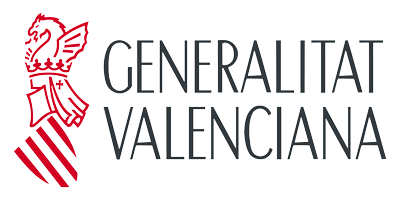Where: Universitat Jaume I - Escuela Superior de Tecnología Salón de Actos TD0301CC
Presented by: Prof. Iván Mora-Seró
Metal halide perovskites are being explored for many applications including terrestrial photovoltaics (PVs), but also for use in more extreme environments such as space. Two of the major stressors for operation in space include exposure to background radiation and wildly changing temperature conditions. Mechanical residual stresses within multilayer thin-film device stacks become problematic during thermal changes due to differing thermal expansion and contraction of the various layers. Thin-film photovoltaic (PV) devices are a prime example where this is a concern during temperature fluctuations that occur over long deployment lifetimes. In this talk, we show development of perovskite devices that control of the residual stress within halide perovskite thin-film device stacks and understanding of the radiation interactions. For thermal cycling, an additive approach reduces the residual stress and strain to near-zero at room temperature and prevents cracking and delamination during intense and rapid thermal cycling. We demonstrate this concept in both n-i-p (regular) and p-i-n (inverted) unencapsulated perovskite solar cells and minimodules, where both types of solar cells maintained over 80% of their initial PCE after 2,500 thermal cycles in the temperature range of -40°C to 85°C. The mechanism by which stress engineering mitigates thermal cycling fatigue in these perovskite PVs is discussed.






